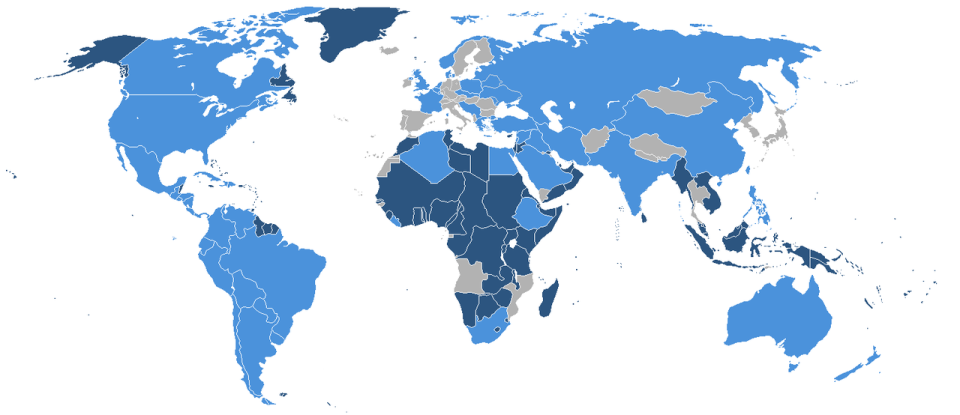On 7 August 1946, the UN Security Council discussed what powers the Security Council Commission had to admit new members to the organisation. The debate involved a resolution. The Chinese version of the resolution stated that the commission had the right to request information from any applicant state and any member of the organisation. Poland and the USSR voted against, and the US, France, Mexico and other states voted in favour.
Andrei Gromyko, Soviet Permanent Representative to the United Nations, argued that the commission was exceeding its authority, and that only the entire Security Council itself was entitled to such a right, not a separate commission having non-transparent opportunities for internal coalitions of “interested parties”.
Procedural and legal issues regarding the admission of new members repeatedly arose at the UN. The USSR objected to the position of some countries on admitting Francoist Spain to the organisation, insisting that the Franco regime rose to power not as a result of the country's internal development, but through intervention of the Axis powers. The USSR added that, despite the fear of ruthless reprisals, the Spanish people had repeatedly expressed a desire to restore democracy. Therefore the United Nations should be advised to break off all relations with the Francoist dictatorship and “to support the democratic forces of Spain and to enable the Spanish people to establish a regime that corresponds with their will”.
Two years earlier, between August and October 1944, the Dumbarton Oaks Conference took place in Washington DC to establish an organisation to replace the League of Nations which, after the war, would have the responsibility of maintaining peace and this paved the way for the United Nations. Present at the conference were delegations from the four Great Powers: US, UK, USSR and China and it was during this that the USSR proposed all Soviet republics be admitted as independent members of the United Nations. Eventually, however, only Ukraine and Belorussia were accepted into the organisation because of their significant contribution to the defeat of Nazi Germany.
The struggle for votes at the UN is part of an ongoing political game. In August 1946, it flared up again over positions on the question of Mongolia, which the Chinese government of Chiang Kai-shek regarded as a powerless satellite of Moscow. Both the USSR and the US relied on states and regimes from their spheres of influence to promote resolutions.
Source:
The newspaper “Pravda”, No. 188 (10270) from 9 August 1946
























